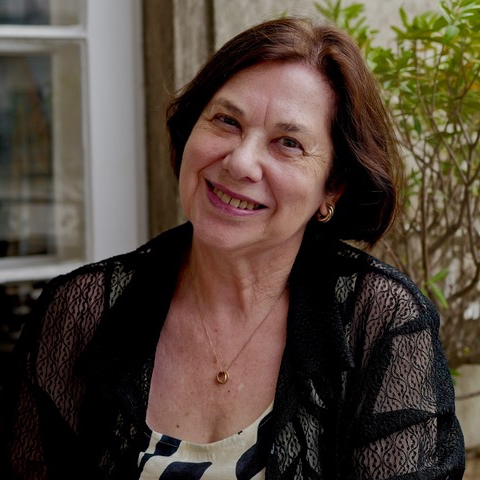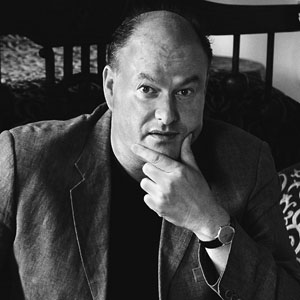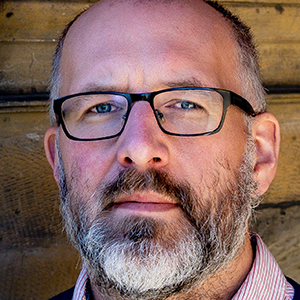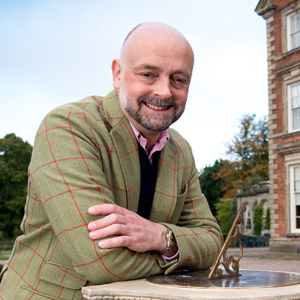Expert speakers
Speakers are a key ingredient of our tours and we select them with great care. Their scholarship is unimpeachable but their ability to communicate their learning is equally important. Their brief is to enlighten and stimulate, not merely to inform.
The term ‘speaker’ emphasises their primary role, and they are also ‘tour leaders’ because they are in charge of a tour, even when accompanied by a tour manager. Some of what they do constitutes guiding, but they are not guides; as academics, writers and curators, the information they supply is significantly different from that of tour guides.
Search expert speakers
Sign up to our e-newsletter
e-newsletter recipients are the first to hear about our future plans and our tours as they come on sale. By signing up you agree to our Privacy policy.
Or join our mailing list for a printed brochure

































































































































































